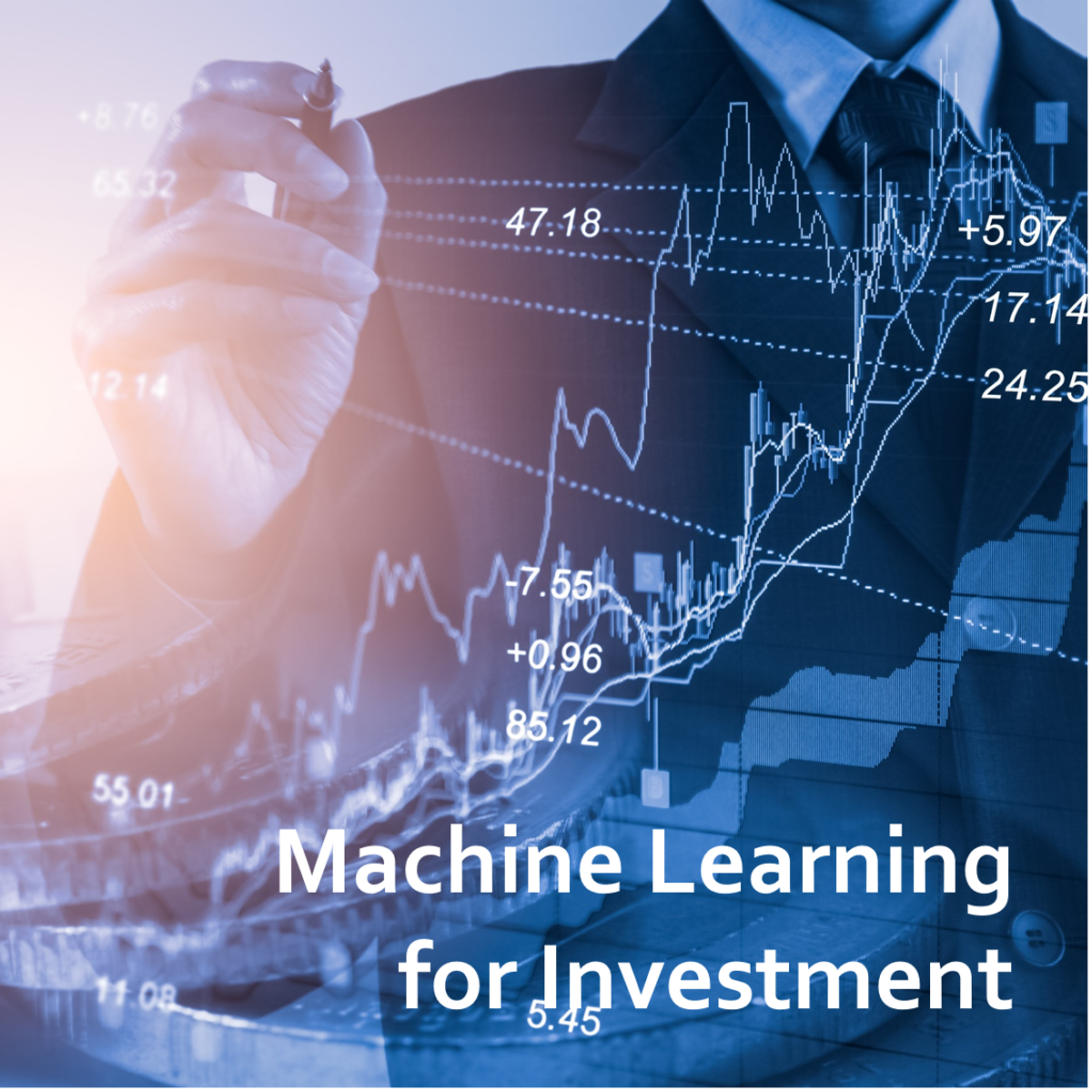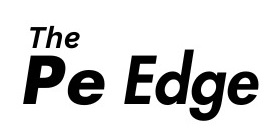
From Gut Instinct to Machine Learning: A Shift in Investment Decision-Making –
Private equity has historically relied on experience, intuition, and networks to guide investment decisions. While these elements remain important, the industry is rapidly embracing machine learning (ML) to complement human judgment and unlock deeper insights.
ML algorithms can analyze massive datasets—from financial statements and market trends to alternative data like web traffic, hiring patterns, and customer sentiment. They identify patterns and correlations that would be impossible to detect manually, helping investment teams spot risks and opportunities earlier.
Key benefits of machine learning in PE include:
- Enhanced Deal Sourcing: Machine learning sifts through massive structured and unstructured datasets to surface hidden investment opportunities. This expands deal flow beyond traditional networks and uncovers targets competitors may miss.
- Predictive Portfolio Insights: By analyzing historical and real-time data, ML forecasts future performance trends. It enables firms to identify risks and growth levers before they show up in financial reports.
- Data-Driven Scenario Planning: Algorithms simulate multiple market and operational conditions. This equips investment teams to stress-test strategies and prepare for both risks and opportunities in advance.
- Bias Reduction: ML minimizes human subjectivity by objectively analyzing data patterns. It reduces overreliance on gut instinct and helps avoid costly decision-making blind spots.
- Faster, Smarter Decisions: Automated insights allow firms to move from reactive to proactive decision-making. Teams can act with speed and precision in fast-changing market environments.
- Improved LP Communication: ML-powered reporting tools generate transparent, data-backed insights. This strengthens investor trust by delivering clarity and confidence in portfolio updates.
The shift from gut instinct to machine learning doesn’t replace traditional PE insight—it amplifies it, giving firms a competitive edge in sourcing deals, optimizing portfolios, and communicating transparently with LPs.
In 2025, the firms that integrate ML effectively aren’t just keeping pace—they’re setting new standards for precision and performance in private equity.

